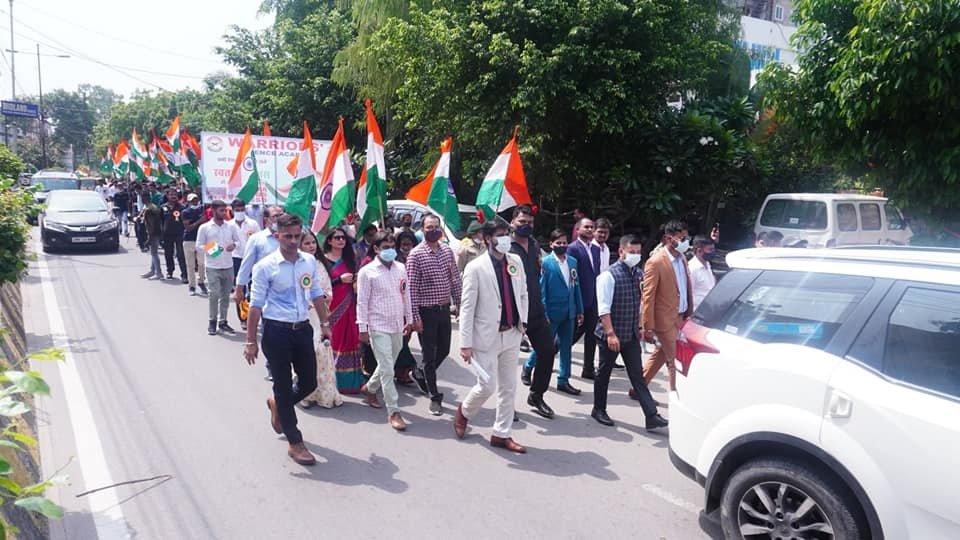Best NDA Coaching in Lucknow – Top NDA Coaching in India
Address: 545-GA/1-CHHA, beside Madhuwan Guest house Chandganj Near Railway Crossing, Kapoorthla, Lucknow, Uttar Pradesh 226006
Phone: +91-7081011964
Website: https://warriorsdefenceacademy.com/
Website: https://warriorsndaacademy.com/





NEET’s All India Quota, and OBC & EWS reservation
ON WEDNESDAY, the central government approved reservation for the OBC and EWS (Economically Weaker Section) categories within the All India Quota (AIQ) for NEET, the uniform entrance examination for medical and dental colleges across the country.
What is NEET?
The National Eligibility-cum-Entrance Test (NEET) is the entrance examination for entry to all undergraduate (NEET-UG) and postgraduate (NEET-PG) medical and dental courses in the country. Until 2016, the All India Pre-Medical Test (AIPMT) was the national-level entrance examination for medical colleges, while state governments used to hold separate entrance tests for seats that were not contested at an all-India level. NEET was held for the first time in 2003 but discontinued the following year. On April 13, 2016, the Supreme Court upheld the newly inserted section 10-D of the Indian Medical Council Act, which provides for a uniform entrance examination to all medical educational institutions at the undergraduate level and postgraduate level in Hindi, English, and various other languages.
Since then, NEET has been the uniform entrance test for medical courses across the country. It was conducted by the CBSE initially and has been conducted by the National Testing Agency (NTA) since 2018. In 2020, 15.97 lakh students appeared for NEET (UG) on September 13, 2020. This year, NEET is scheduled on September 11 (UG) and 12 (PG)
- Best Books for AFCAT 2024 Preparation
- AFCAT 2024 Syllabus and Exam Pattern: Download PDF of Syllabus
- What are GTO Tasks in SSB Interview? Types, Skills and Tips for Preparation
- 10 Tips for Writing TAT Stories in SSB Interview
- How to Prepare for NDA-2 2024 Exam – Subject Wise Tips And Strategy
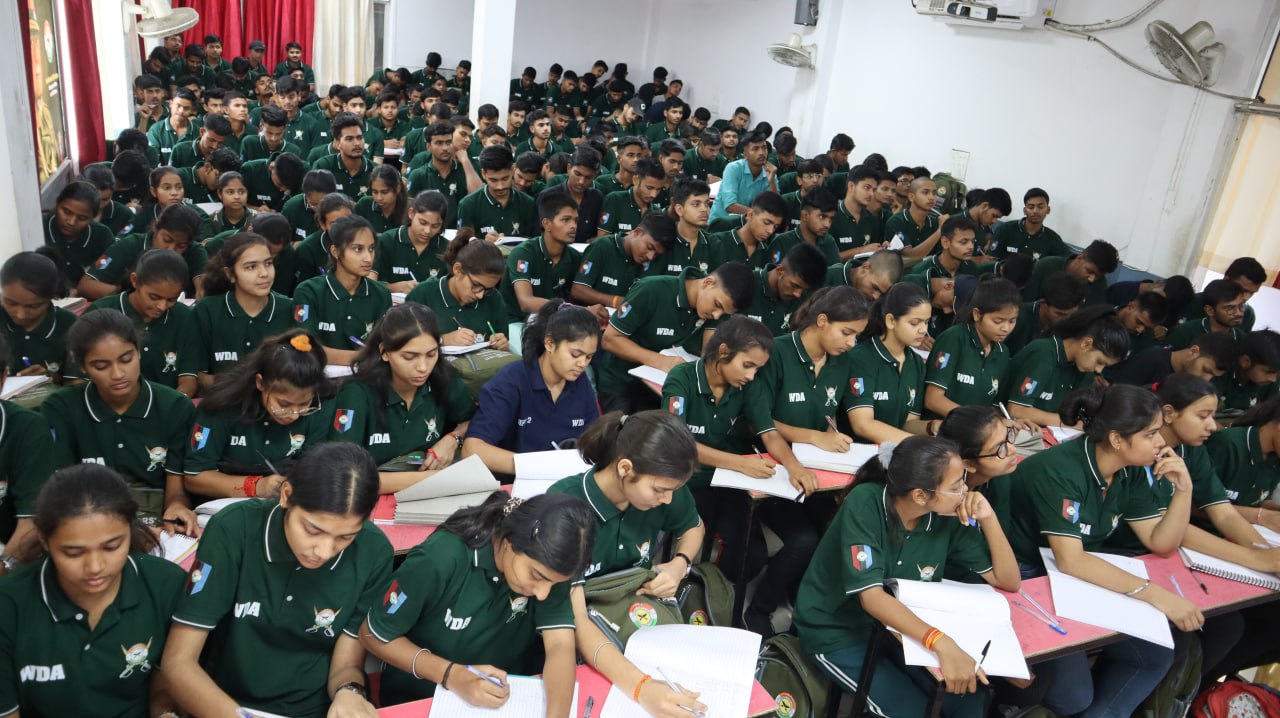
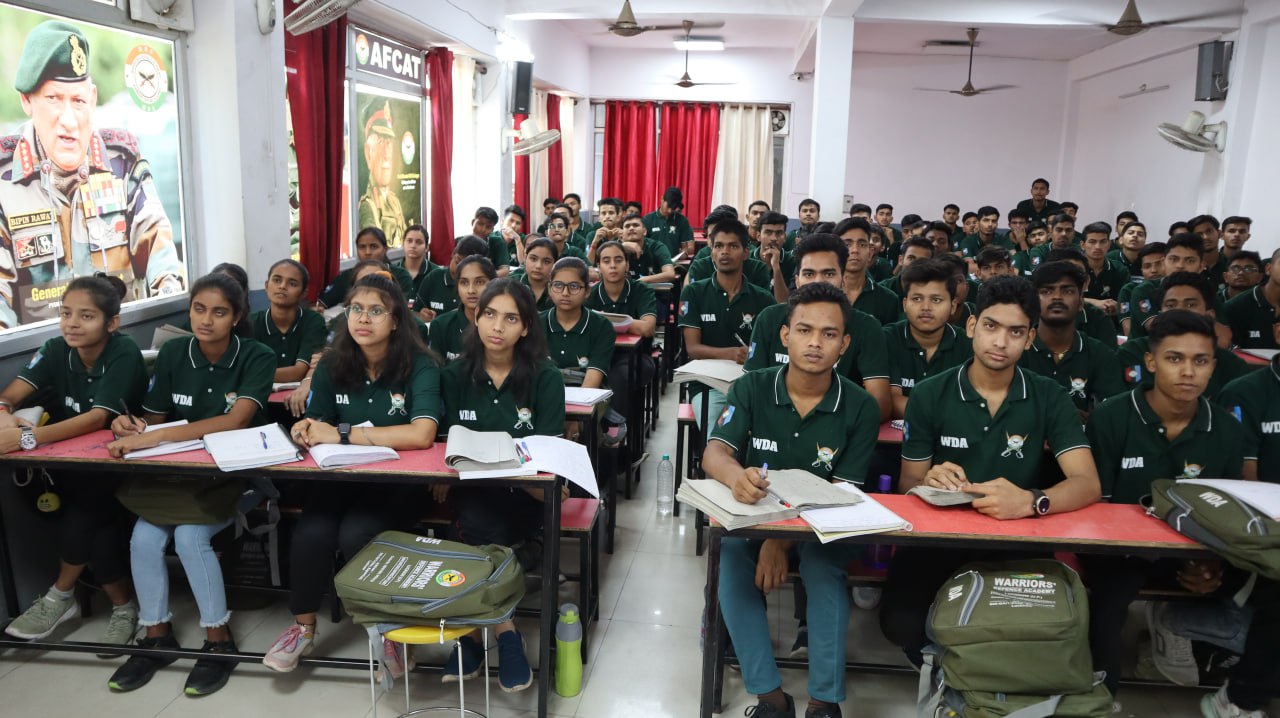
What is the All India Quota?
Although the same examination is held across the country, a chunk of the seats in state medical/dental colleges is reserved for students domiciled in their respective states. The remaining seats-15% in UG and 50% in PG-are surrendered by the states to the All India Quota. The AIQ scheme was introduced in 1986 under the directions of the Supreme Court to provide for domicile-free, merit-based opportunities to students from any state to study in a good medical college in any other state. A student domiciled in Uttar Pradesh, for example, maybe eligible for admission to a seat in a state government medical college in West Bengal, provided she scores high enough in the national merit list. If her score is not high enough for AIQ, she may still hope for admission under the state quota in her home state. In deemed/central universities, ESIC, and Armed Forces Medical College (AFMC), 100% of seats are reserved under the AIQ.
- Best Books for AFCAT 2024 Preparation
- AFCAT 2024 Syllabus and Exam Pattern: Download PDF of Syllabus
- What are GTO Tasks in SSB Interview? Types, Skills and Tips for Preparation
- 10 Tips for Writing TAT Stories in SSB Interview
- How to Prepare for NDA-2 2024 Exam – Subject Wise Tips And Strategy
What was the reservation policy followed so far?
Until 2007, no reservation was implemented within the All India Quota for medical admission. On January 31, 2007, in Abhaynath vs University of Delhi and Others, the Supreme Court directed that reservation of 15% for Scheduled Castes and 7.5% for Scheduled Tribes be introduced in the AIQ, The same year, the government passed the Central Educational Institutions (Reservation in Admission) Act, 2007 providing for 27% reservation to OBC students in central government institutions. While state government medical and dental colleges provide reservations to OBCs in seats outside the All India Quota, this benefit was so far not extended to seats allocated under the AIQ in these state colleges. The 10% EWS quota under the Constitution (One Hundred And Third Amendment) Act, 2019, too, has been implemented in central educational institutions, but not in the NEET AIQ for state institutions.
What changes now?
Reservation for the OBC and EWS categories within the AIQ will be offered in medical colleges from the current academic year. This would benefit nearly 1,500 OBC students in MBBS and 2.500 OBC students in postgraduate courses, and around 550 and 1,000 EWS students respectively, according to a statement issued by the Health Ministry. Between 2017 and 2020, nearly 40,800 seats have been allocated under the AlQ in colleges run by state governments, a report by the All-India Federation of Other Backward Classes Employees Welfare states. That implies that up to 10,900 OBC students would have missed out on admission under the OBC quota.
- Best Books for AFCAT 2024 Preparation
- AFCAT 2024 Syllabus and Exam Pattern: Download PDF of Syllabus
- What are GTO Tasks in SSB Interview? Types, Skills and Tips for Preparation
- 10 Tips for Writing TAT Stories in SSB Interview
- How to Prepare for NDA-2 2024 Exam – Subject Wise Tips And Strategy
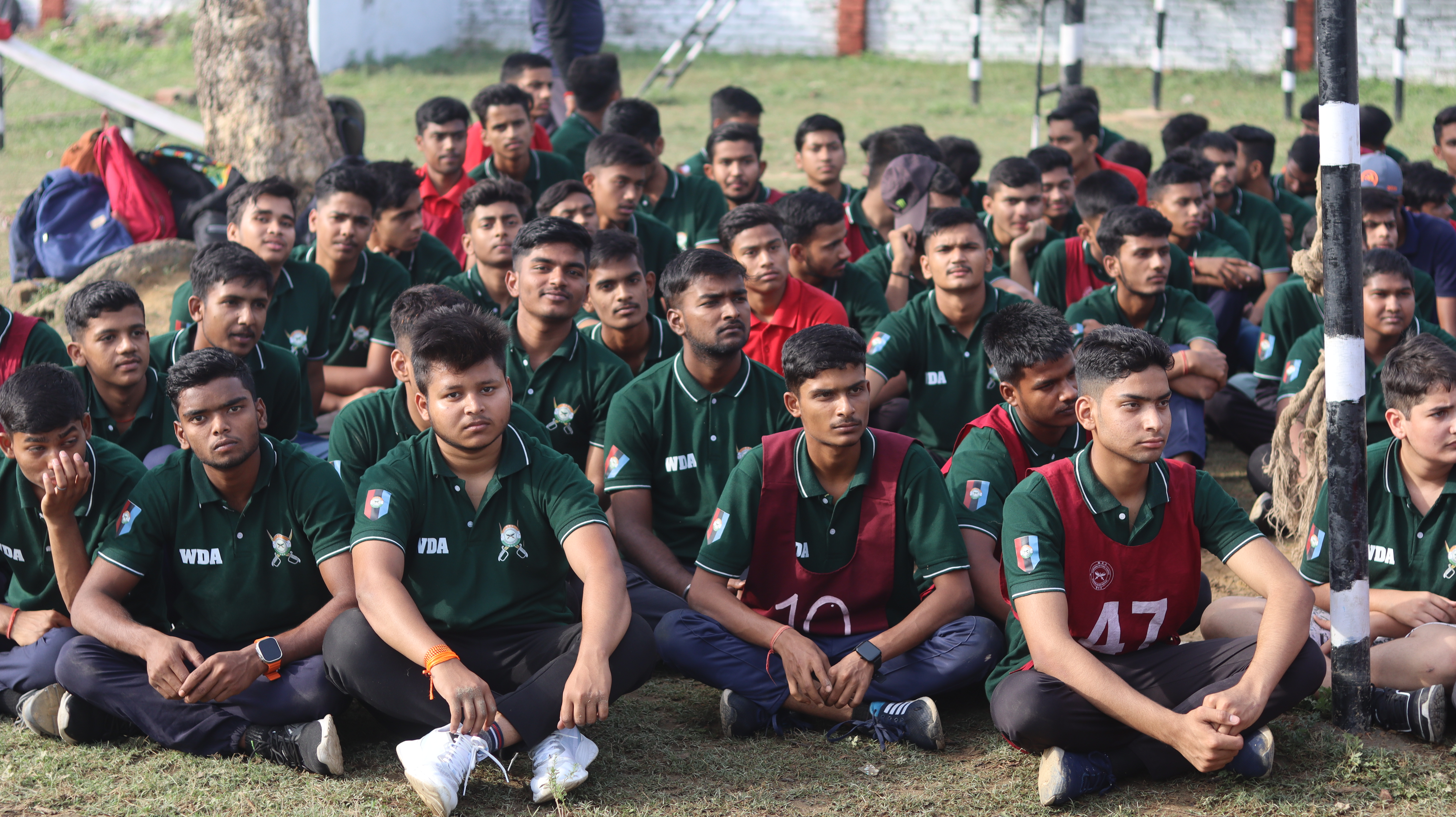
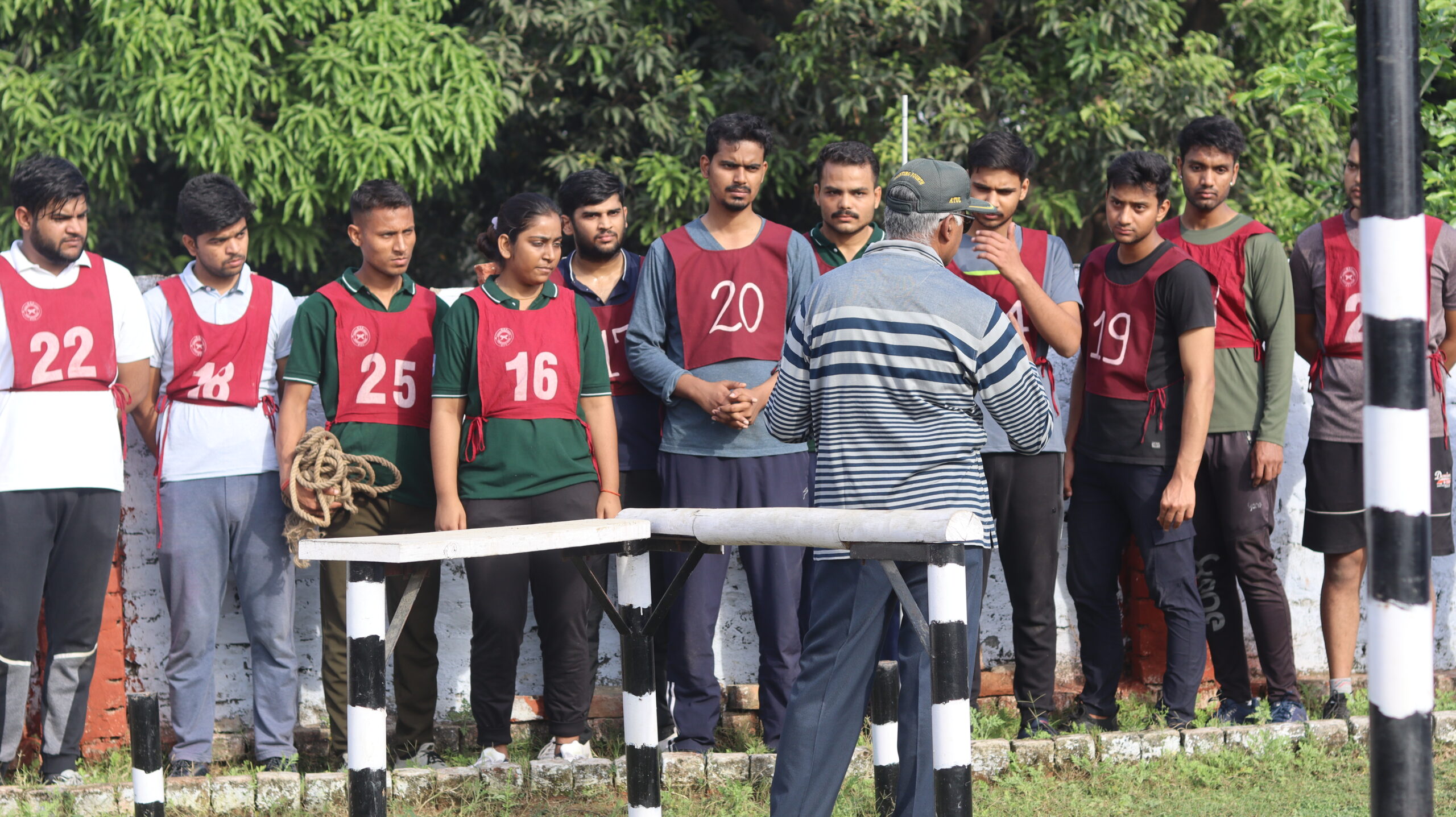
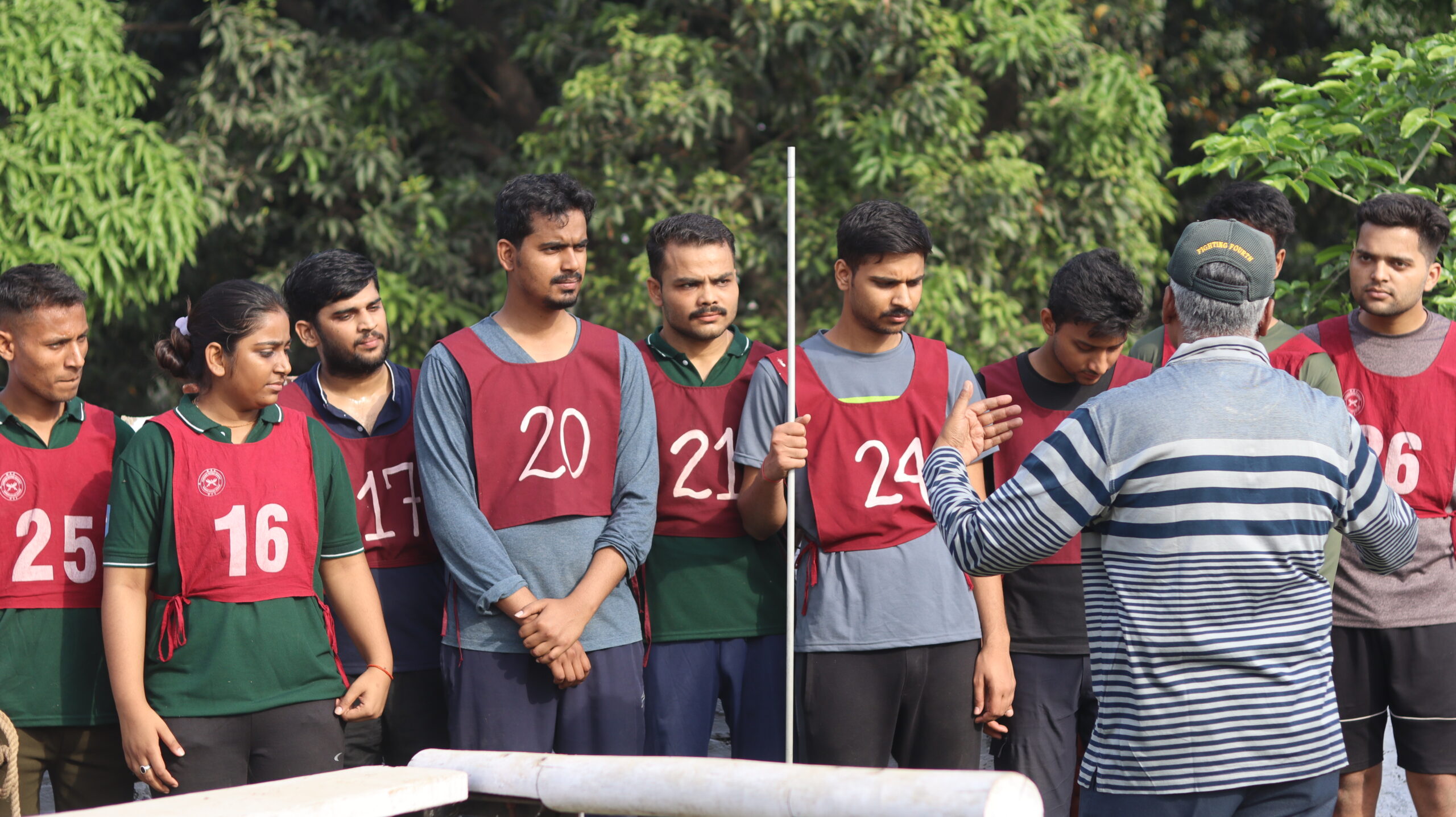
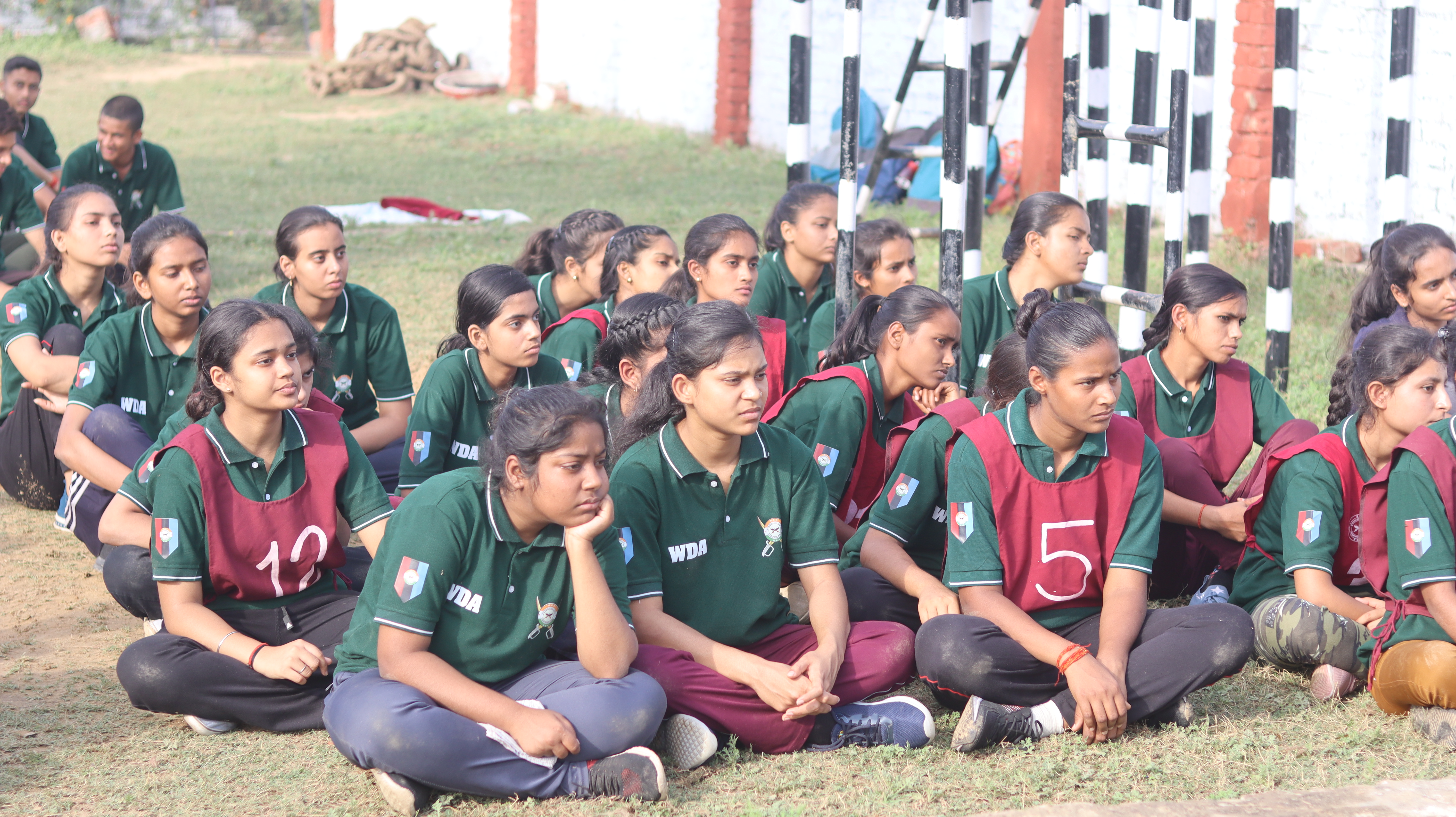
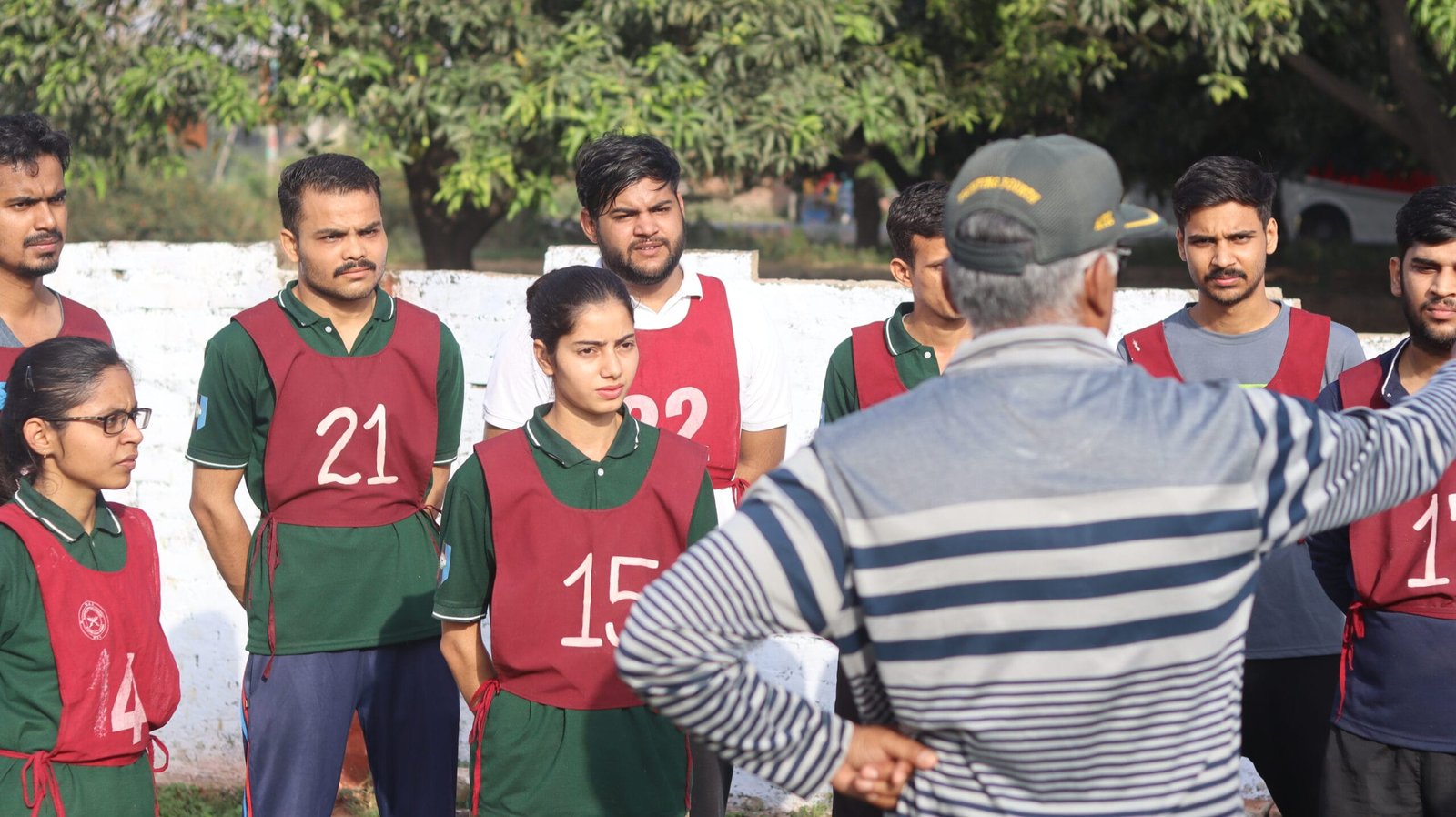
What led to the decision?
The denial of OBC and EWS reservations has been the subject of protests for years. In July last year, on a petition by TamilNadu’s ruling DMK and its allies, the Madras High Court ruled that OBC students too can avail reservation in the AIQ, It held that the reservation could not be implemented for the then academic year for want of time, and can be implemented from 2021-22.
However, when the notification for NEET- 2021 was issued on July 13 this year, it did not mention any provision for OBC reservation within the AIQ, The DMK filed a contempt petition and on July 19, the Madras High Court stated, “The Union’s attempt to not implement the OBC reservation quota in respect of the all India quota seats… in the academic year 2021 22 appears to be contumacious, in derogation of the order dated July 27, 2020, passed by this Court.”
Amid protests from OBC students, including on social media, Solicitor General Tushar Mehta submitted to the Madras High Court on July 26 that the government’s decision on implementing OBC quota for MBBS seats under AlQ in state government colleges is a very advanced stage. The next hearing is listed for August 3, while other petitions have been filed too, including one by Saloni Kumari.
Conclusion
While the government has announced its decision, the NEET information booklet on the NTA website reads: “The reservation to OBC candidates in State surrendered seats under All India Quota from the academic session 2021-22 shall be subject to the outcome of the (Saloni Kumari) case pending before the Hon’ble Supreme Court.”
Content Writer by PRASHANT SINGH
Faculty of personality development | 5+ years of experience of teaching | Masters in English literature | 10 times CDS qualified, | Defence enthusiast, educator, and explorer
